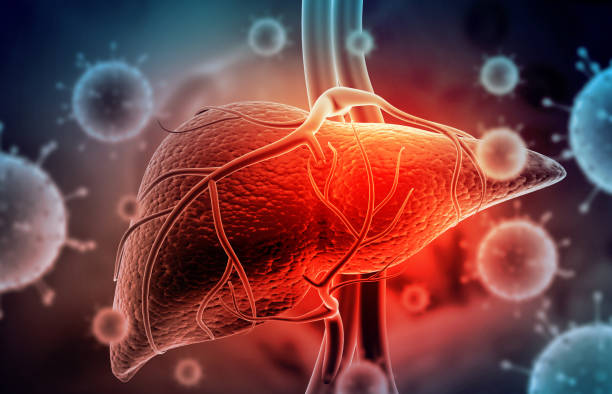
Hepatitis is a term that refers to inflammation of the liver, and it can be caused by various factors, including viral infections, excessive alcohol consumption, certain medications, and autoimmune diseases. The most common forms of viral hepatitis are Hepatitis A, B, C, D, and E.
At Medivision, we emphasise the importance of understanding hepatitis, recognizing its symptoms, and knowing the vital role of early detection in ensuring timely and effective treatment.
Symptoms
Hepatitis can manifest with a range of symptoms, which might vary depending on the type and severity of the infection. Common symptoms include:
- Fatigue - Feeling unusually tired is one of the most common symptoms.
- Jaundice - A yellowing of the skin and eyes, caused by the buildup of bilirubin.
- Abdominal Pain - Particularly in the upper right quadrant, where the liver is located.
- Nausea and Vomiting - Persistent feelings of nausea can accompany hepatitis.
- Dark Urine and Pale Stool - Changes in urine and stool colour are indicative of liver issues.
- Loss of Appetite - A significant reduction in appetite can be an early sign.
- Joint Pain - Some types of hepatitis can cause joint discomfort.
It’s crucial to note that some individuals with hepatitis may not exhibit symptoms, especially in the early stages. This is why routine screening and check-ups are essential.
Diagnostic Tests for Hepatitis
Early detection is key to managing hepatitis effectively.
Blood Tests: These tests measure liver enzymes, bilirubin levels, and other markers. Elevated levels of liver enzymes (ALT and AST) can indicate liver inflammation.
Hepatitis Panels: These are specific blood tests that detect antibodies and antigens for hepatitis A, B, and C. Hepatitis B surface antigen (HBsAg) and Hepatitis C antibodies are crucial markers.
Viral Load Testing: For Hepatitis B and C, this test measures the amount of virus in the blood, helping to assess the severity and guide treatment.
Liver Biopsy and Imaging: In some cases, a liver biopsy or imaging studies like ultrasound or MRI may be necessary to evaluate liver damage and fibrosis.
Preventive Measures
Preventing hepatitis is much more manageable than treating it. Here are some essential preventive measures:
- Vaccination: Vaccines are available for Hepatitis A and B. Vaccination is the most effective way to prevent these infections.
- Safe Practices: Avoid sharing needles, razors, or toothbrushes. Ensure that tattoos and piercings are done in sterile environments.
- Safe Sex: Use condoms and practise safe sex to reduce the risk of Hepatitis B and C transmission.
- Hygiene: Practise good hand hygiene, especially after using the restroom and before eating.
- Regular Screenings: Routine check-ups and blood tests can help detect hepatitis early, even in asymptomatic individuals.
The Importance of Early Detection
Early detection of hepatitis can significantly improve the prognosis and outcome. Timely diagnosis allows for early intervention, which can prevent liver damage and complications such as cirrhosis and liver cancer. At Medivision, we are committed to providing accurate diagnostics and comprehensive care to support your health journey. Our experienced team is here to guide you through every step, ensuring you receive the best possible care.
For more information or to schedule a consultation, visit to Medivision Medical Labs or contact our customer service. Stay informed, stay healthy, and take proactive steps towards a liver-healthy life.

